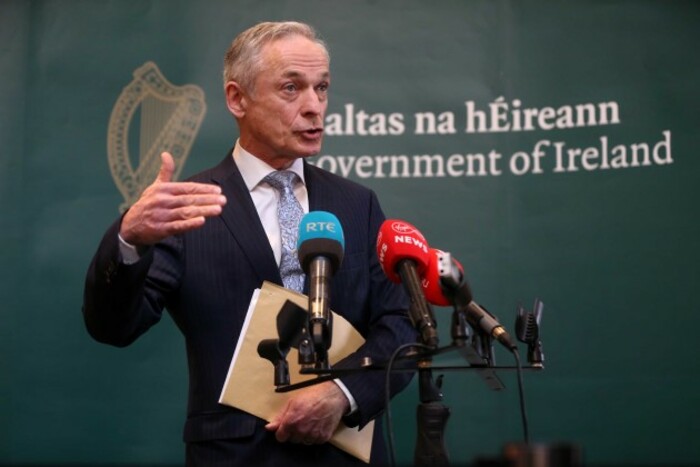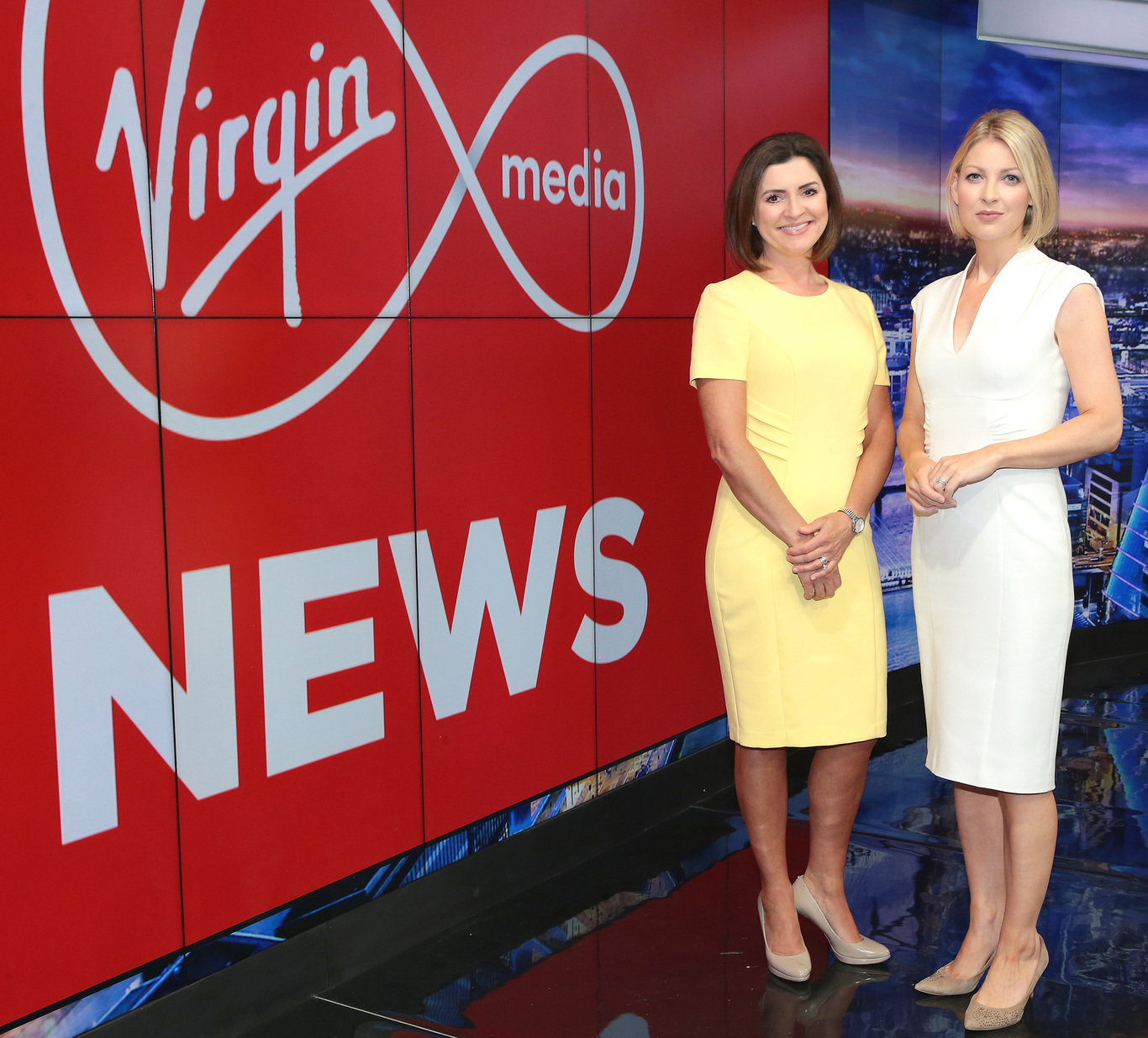Virgin Media's TV ad sales have taken a hit for two and a half years - thanks to Brexit
Looming uncertainty has made UK and Irish advertisers camera-shy, according to new documents.
EVEN AFTER ROLLING out a suite of star-studded shows and retiring the TV3 moniker, Virgin Media’s television advertising sales have been taking a hit for over two and a half years – thanks to Brexit.
A recent return on the Lobbying Register showed that executives from the broadcasting side of the media and communications business were asked to outline how they were preparing for a hard Brexit, at the request the Department of Communications.
According to a note prepared after the meeting, which took place the week before Christmas last year, Virgin Media Television bigwigs outlined several Brexit-related issues that were already impacting the business or causing concern.
The note, released to Fora following a freedom of information request, stated that the company had told department officials that its “advertising revenue has been decreasing since 2016 as a result of … the Brexit referendum”.
“There are two aspects which affect Virgin Media Television – the first is the impact that the uncertainty in the market has had on advertising spending in the UK and Irish markets, and the second in relation to the fluctuations in currency prices,” the note stated.
Consolidated financial statements for parent company Virgin Media Inc show that some £14.5 million of the group’s total £1.2 billion turnover for the three months to the end of September 2018 was generated through ‘other’ sources – primarily broadcasting revenue in Ireland.
This figure was down slightly on the £14.6 million recorded in the same category for the same three-month period in 2017.
A spokeswoman for Virgin Media Television told this website that the company “is almost wholly reliant on advertising revenues to fund our commercial operations and invest in local content”.
“Brexit has twice the impact on our business than it does on RTÉ. This is because advertising revenue only represents half of RTÉ’s total revenue,” she said.
 Communications Minister Richard Bruton
Communications Minister Richard Bruton
Regulations
The meeting in December was attended by Virgin Media Television managing director Pat Kiely and VP of corporate affairs Kate O’Sullivan, who met with Department of Communications officials, including assistant secretary Patricia Cronin.
The note released to Fora showed that the television company – which was bought by Liberty Global for €80 million in 2015 – also raised the issue of what impact Brexit might have on its rights to broadcast British programmes.
It questioned whether the UK content that it carries – such as soap operas Coronation Street and Emmerdale and popular game show The Chase – would continue to be considered as “European works” under EU broadcasting quotas.
According to the documents released under the Freedom of Information Act, the Department of Communications responded to say that “it was its view that the UK content would continue to be considered European works, as this definition is based on the UK’s membership of the Council of Europe”.
Virgin Media Television’s spokeswoman added that the company “has been in contact with all UK licenced broadcasters to ensure they are taking the necessary steps to obtain an EU licence in the event (a hard) Brexit takes place”.
The Department of Communications also requested a separate meeting with State-owned broadcaster RTÉ to discuss Brexit.
In a statement to Fora, the broadcaster said that it highlighted that a no-deal Brexit would “impact RTÉ’s delivery of its public service obligations, as well as the execution of its most recently endorsed five-year strategy”.
“At a minimum, the likely immediate and sharp decline in commercial revenue would result in a further deterioration in RTÉ’s financial position,” it said.






